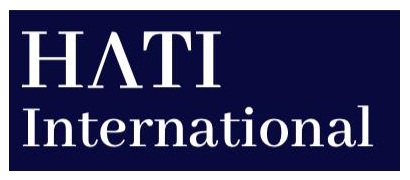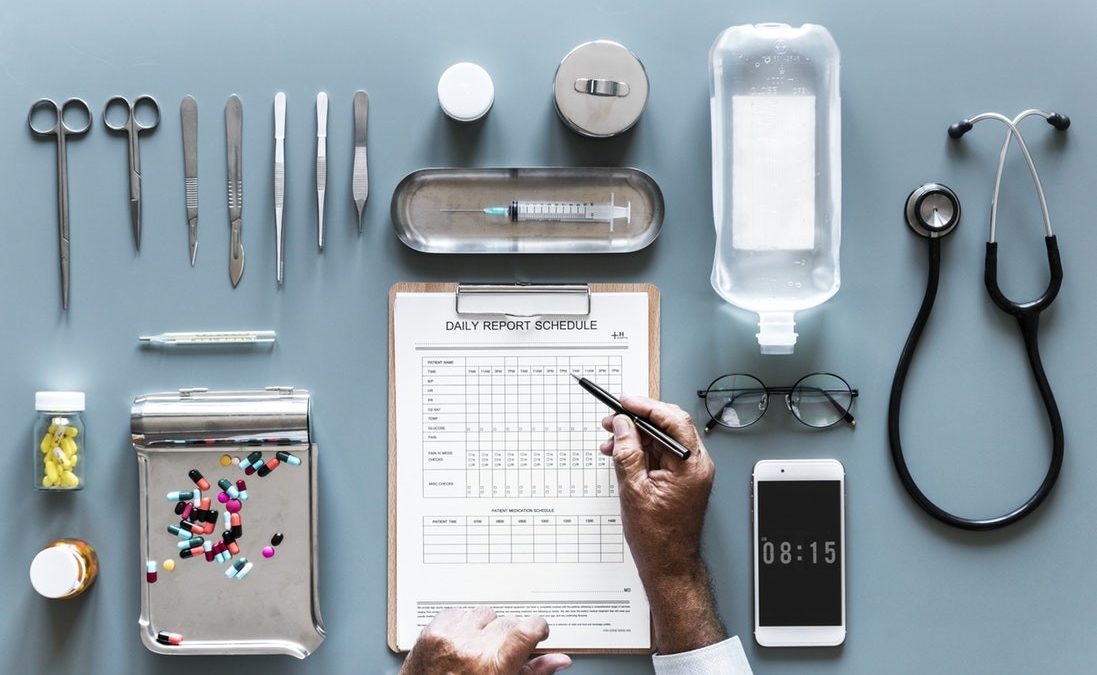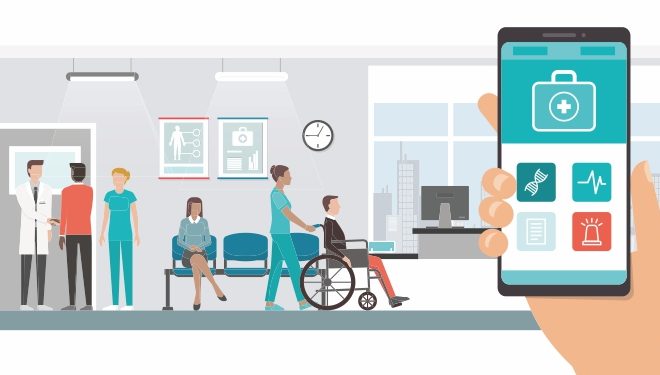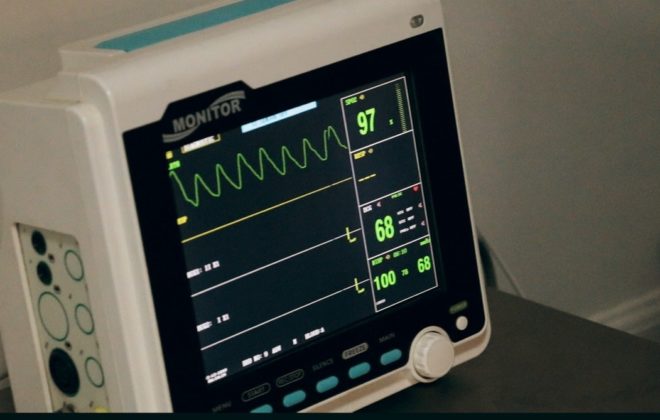Align IT with Healthcare for Superior Care Quality
With technology causing a paradigm shift in every industry, new healthcare models are fast emerging across the world. In 2017, healthcare was one of the top sectors in investment inflows, at $4 billion, outpaced only by the Internet, at $6.5 billion.
Technological innovation has led to new forms of healthcare delivery with increased communication and care outcomes. Digitalization and deeper technology integration have become a pre-requisite for the healthcare industry. Therefore, aligning healthcare with IT is essential to pave the way for better access to clinical data and connect patients with the right treatments. In order to stay up-to-date, CIOs must embrace the various developments in technology and get the insights they need into patient health, healthcare operations, and the industry as a whole.
Trends to Embrace
The healthcare industry has come a long way; in recent years, there has been significant growth across the healthcare sector, with the industry now looking to leverage technology to provide top-class healthcare services to patients across the world. In order to achieve success, healthcare providers must have the flexibility to adapt to the highly transformational industry. By embracing the latest trends in technology, the healthcare industry can augment the quality of patient care, improve the confidentiality and security of patient data, and reduce costs.
Let’s look at the top technological trends that are changing the face of healthcare:
- EMRs: Healthcare organizations are realizing the need for modern systems that answer crucial questions around strategic healthcare planning. Modern EMRs with built-in BI and analytics capture critical patient data that can be processed and mined for insights into better treatment for patients. EMRs allow doctors to track data over time, check how their patients are doing, identify which patients are due for check-ups and monitor and improve the overall quality of care within the practice.
- Blockchain: Blockchain has caused quite a furor in the tech industry and is poised to gain immense popularity in the healthcare industry with providers using it to manage clinical trials and more easily exchange health data. A study by IBM suggests that 56% of healthcare executives will implement a commercial blockchain solution by 2020. By creating a common database of health information, blockchain can improve access to medical records, and help practitioners seamlessly share research results to facilitate new drug and treatment therapies.
- Artificial Intelligence (AI): Healthcare organizations are leveraging AI and analytics to perform administrative and clinical healthcare functions to improve efficiency and reduce costs. According to an Accenture study, key clinical health AI applications can potentially create $150 billion in annual savings for the US healthcare economy by 2026. Although AI is widely used in processing and automation, there is a huge market for clinical decision support, health management, and even critical areas like cancer diagnostics.
- Smart Wearables: Healthcare institutions are leveraging the potential of Internet of Things (IoT) and redefining the way people, sensors, apps, devices and wearables interact with each other. By monitoring vital signs like heart rate, blood pressure, body temperature and other important parameters like glucose levels, and transferring them to secure connections, smart wearables are helping practitioners solve some of healthcare’s biggest problems.
- Medical Apps: One of the best ways to boost healthcare results is through the use of mobile apps. Statistics suggest that the mobile health industry will reach a whopping $58.5 billion by 2020. Medical apps with real-time monitoring and high-resolution imaging capabilities are transforming the healthcare landscape by seamlessly integrating patients, doctors, and world-class facilities into a single portal. With mobile apps, doctors can write prescriptions online, have medical information at their fingertips, conduct remote diagnosis, access medical reports, connect with patients and their families, view medical device data, and also update patient charts.
- Sensors: Another trend that’s gaining immense popularity in the healthcare industry is the implementation of sensors. Rising healthcare costs are compelling healthcare providers to gather medical data from real-time sensors so as to improve the quality and speed of care. By detecting specific biological, chemical and physical aspects of the human body, sensors are helping healthcare providers to make informed and timely decisions about treatment.
Monitor Patient Health 24×7
In a highly competitive world, embracing the latest advances in technology is critical to delivering effective services for a better future. Integrating technology with healthcare can be an innovative way to improve patient care, reduce complexity, improve efficiency, and empower healthcare decision makers with actionable insights. With critical information at fingertips, access to up-to-date medical information, and insight into root causes of illnesses, healthcare providers can monitor patient health in real-time and effectively deliver top quality healthcare services 24×7.




